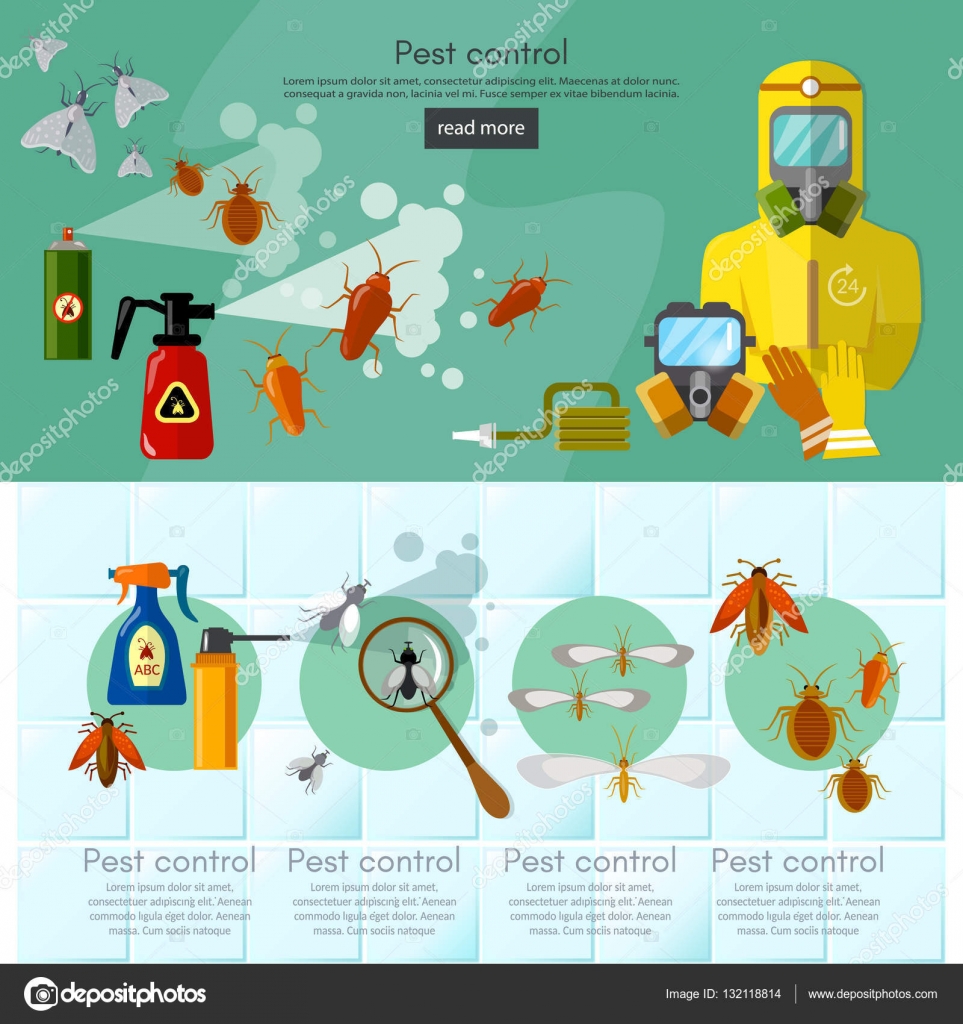Pest-Proofing Your Garden: Tips For Maintaining Outdoor Insects Away
Pest-Proofing Your Garden: Tips For Maintaining Outdoor Insects Away
Blog Article
Created By- click the up coming article
Imagine your yard as a refuge, a location of harmony and charm. Nevertheless, the presence of exterior insects can quickly interrupt this picturesque photo. What happens if there were basic yet efficient means to maintain these unwelcome site visitors away and safeguard your yard sanctuary? By following a couple of practical suggestions and executing natural strategies, you can produce an unified exterior area where your plants can thrive undisturbed.
Natural Insect Deterrents
To maintain insects far from your garden naturally, plant aromatic natural herbs like mint and lavender. These great smelling plants not only include appeal to your garden yet likewise serve as reliable bug deterrents. please click the following article like mosquitoes, flies, and even some garden-damaging bugs are driven away by the solid aromas sent out by these herbs. Simply putting them tactically around your garden can help develop a natural obstacle against undesirable parasites.
Along with mint and lavender, consider planting various other natural herbs like rosemary, basil, and lemongrass to further enhance your garden's pest-proofing capabilities. These herbs not only act as natural repellents however likewise have actually the included advantage of being useful in food preparation or crafting homemade treatments.
Strategic Plant Placement
Take into consideration the layout of your yard and the kinds of plants you need to purposefully place them for maximum pest-proofing efficiency.
Begin by organizing plants with similar resistance to insects together. By doing this, you can develop an all-natural barrier that hinders bugs from spreading throughout your garden.
In addition, putting pest-repelling plants like marigolds, lavender, or mint near more at risk plants can aid shield them. Tall plants, such as sunflowers or corn, can act as a guard for much shorter plants against pests like bunnies or ground-dwelling insects.
Bear in mind to leave sufficient space between plants to enhance air blood circulation and minimize the threat of conditions that pests may carry.
Moreover, consider growing strong-smelling herbs like rosemary or basil near vulnerable plants to puzzle parasites' senses and make it harder for them to locate their targets.
Efficient Insect Control Techniques
For combating yard parasites efficiently, executing a multi-faceted pest control technique is necessary. Begin by encouraging all-natural predators like birds, ladybugs, and praying mantises to aid maintain pest populaces in check. Presenting plants that draw in these advantageous insects can help in parasite control. In addition, practicing great garden hygiene by eliminating particles and weeds where insects may hide can make your yard less congenial to unwanted visitors.
Think about making use of physical barriers such as row cover fabrics or netting to secure vulnerable plants from bugs like caterpillars and birds. Applying natural pesticides like neem oil or insecticidal soap can likewise be effective against specific insects while being much less damaging to beneficial bugs and the setting. It's important to turn your plants each season to avoid the accumulation of parasite populaces that target particular plants.
Consistently inspect your plants for indications of insect damage so you can act immediately. By incorporating these techniques and remaining alert, you can effectively control garden bugs and take pleasure in a thriving, pest-free yard.
Final thought
So, there you have it - with the ideal methods, you can keep pesky outdoor pests away from your yard and help your plants thrive.
Did you understand that planting mint has been shown to fend off insects and other pests, decreasing the demand for dangerous chemicals by up to 60%?
By integrating natural deterrents and wise growing strategies, you can create an attractive and pest-resistant garden oasis for you to take pleasure in.
